

READ MORE:
#1
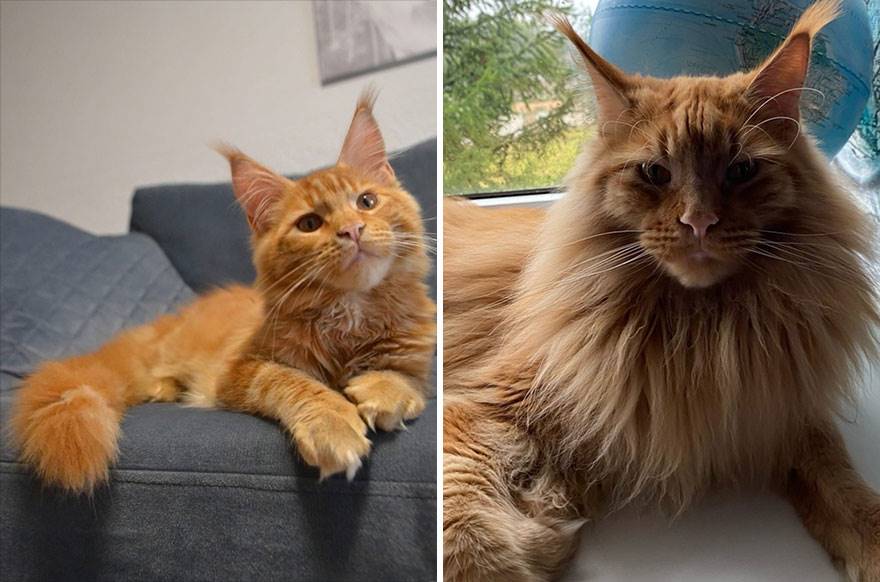
Did you know that cats could and would starve themselves if they find the food you've served them unappealing? It's not a secret that cats are picky eaters, and this is not because they are trying to get on their feeders' nerves, but because they are wired genetically different from most mammals. In fact, a cat is the only mammal unable to taste sweet foods due to a lack of sweetness receptors on its tongue.
#2
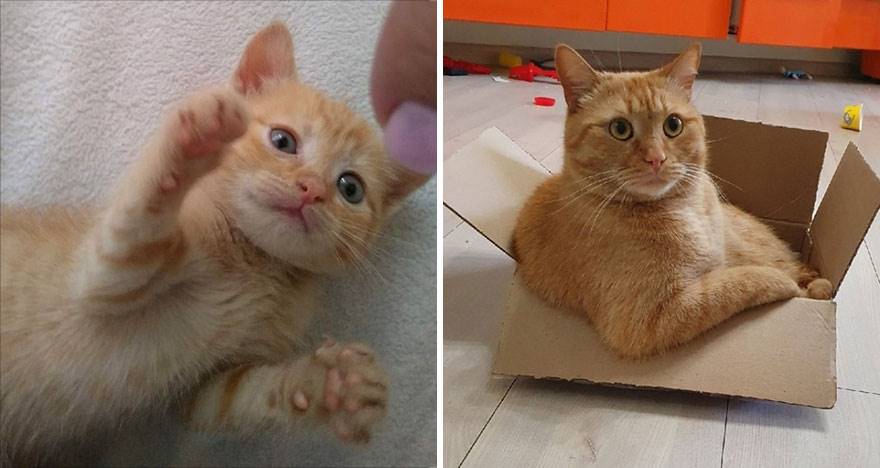
#3
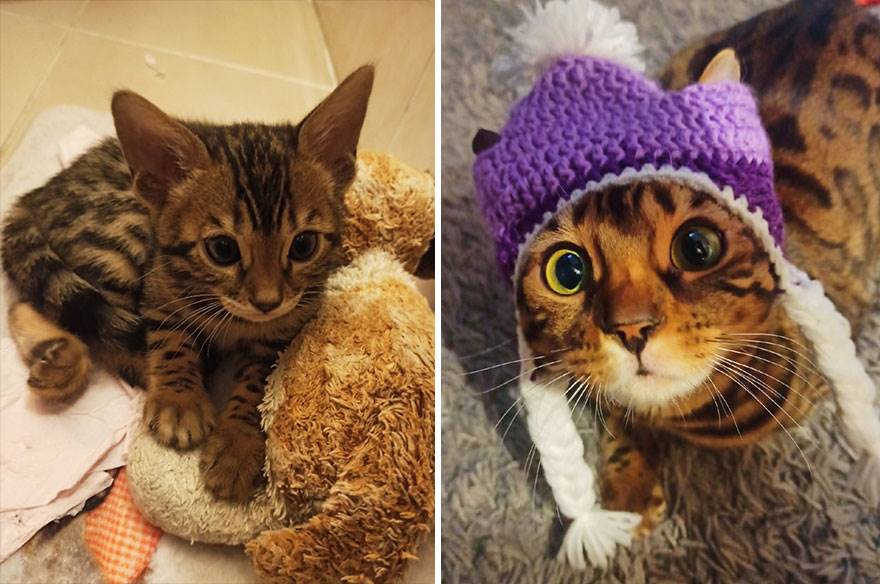
Did you notice that cats change their attitude when the sun goes down? From sleepy to energized and ready to go in just a second. Some people think cats are nocturnal animals because of their energy levels in the evening; however, cats are considered to be the most active during dusk and just before the dawn. A crepuscular animal is one whose 24 h activity pattern has peaks during the twilight hours, in which the atmosphere is partially illuminated by the sun, being neither totally dark nor completely lit.
#4
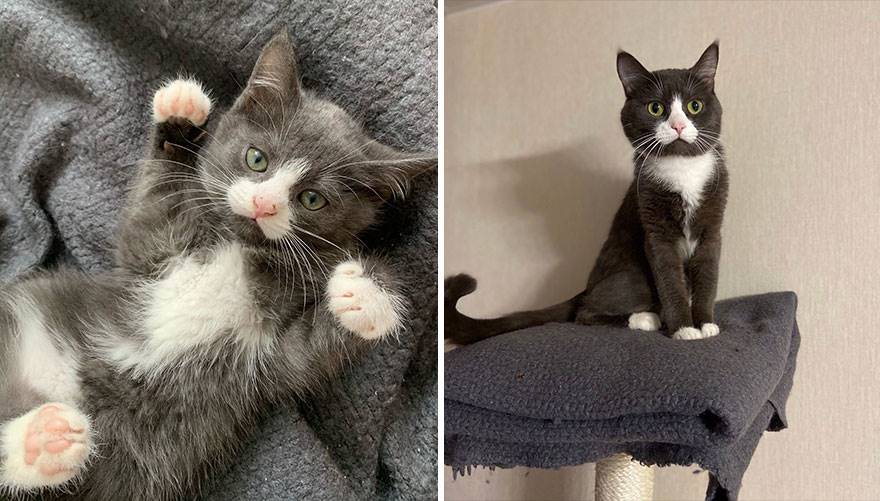
#5
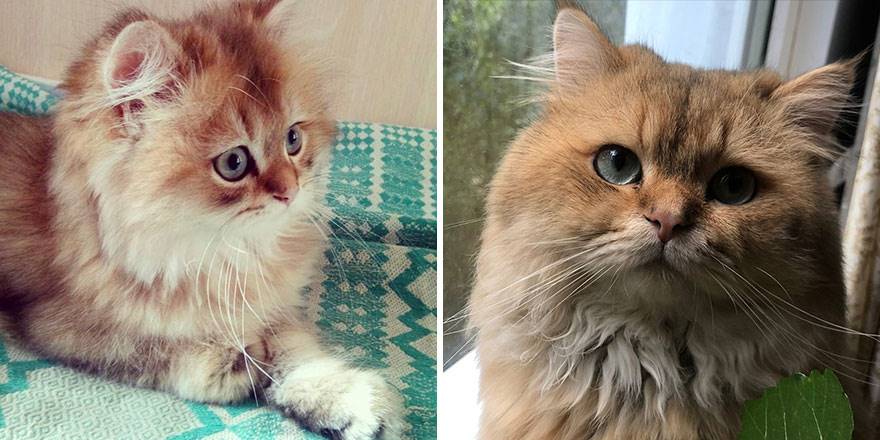
Cats conserve energy by sleeping for an average of 13 to 14 hours a day. Domesticated cats don't usually hunt for their own food; however, their instincts are still intact. In the wild, due to their physique, cats are considered to be predators, yet are still prey for larger animals; this is why they don't hunt during daylight. Cats would sleep during the day, hunt after dusk to avoid visibility, then would take a long nap, and just before sunrise, would wake for the day.
#6
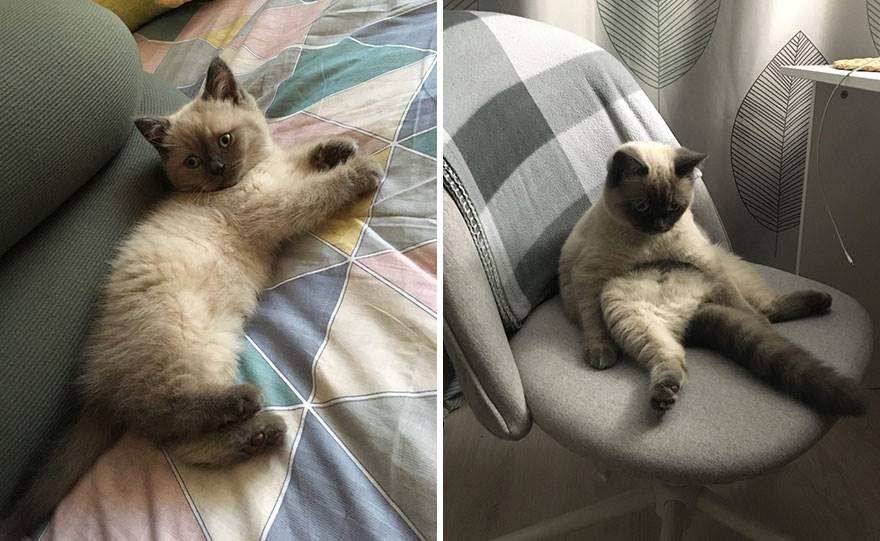
#7
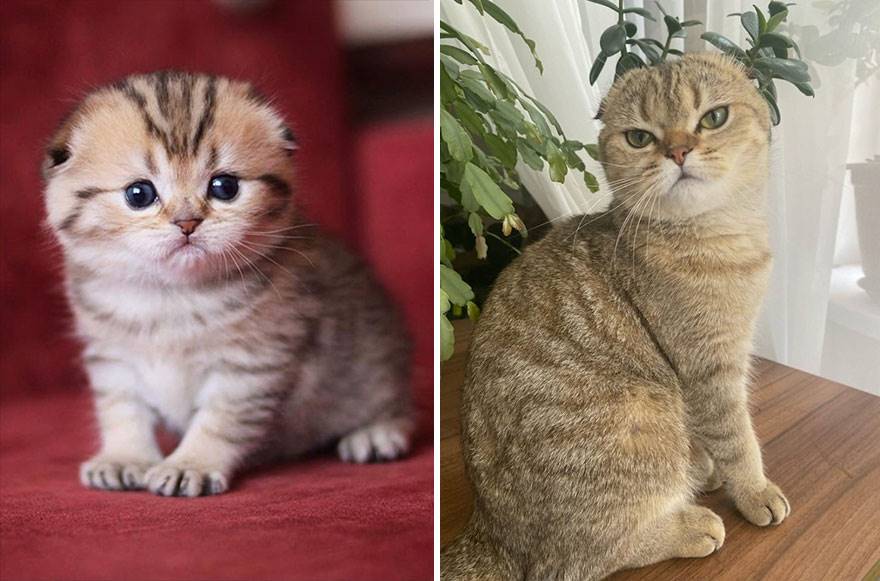
It's hardly surprising that many owners view their pets as members of the family and develop strong social relationships with them. that cats presented characteristics that were common in their owners. For instance, if the owner had cats that displayed behavioral issues, they would have a higher neuroticism rating; also, cats loved being outside more when their owners assessed themselves as more outgoing and extroverted!
#8
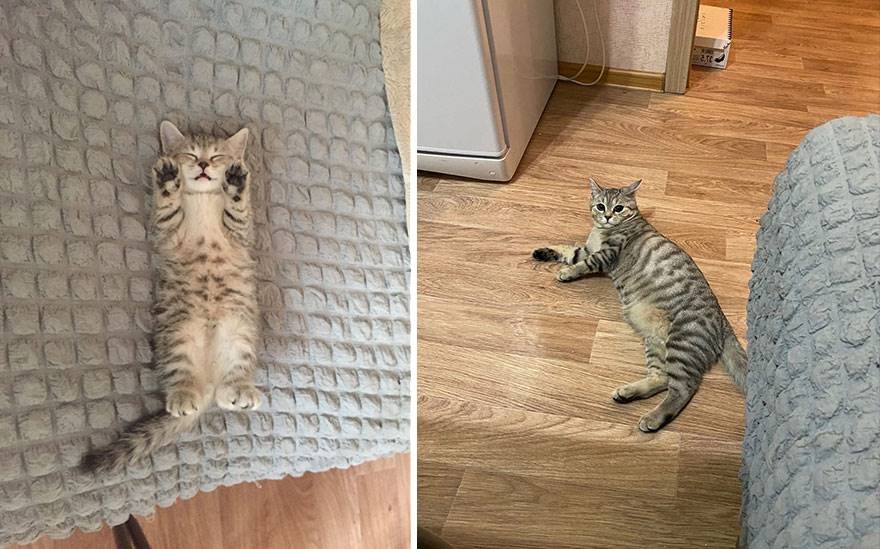
#9
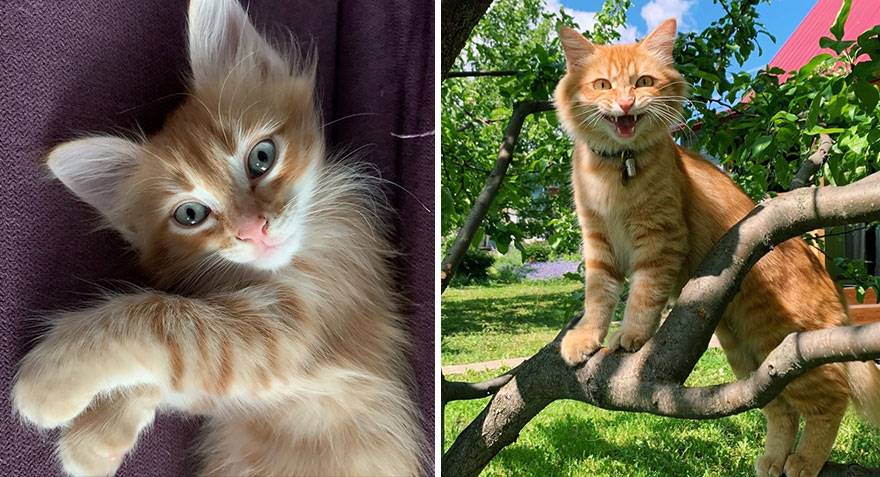
#10
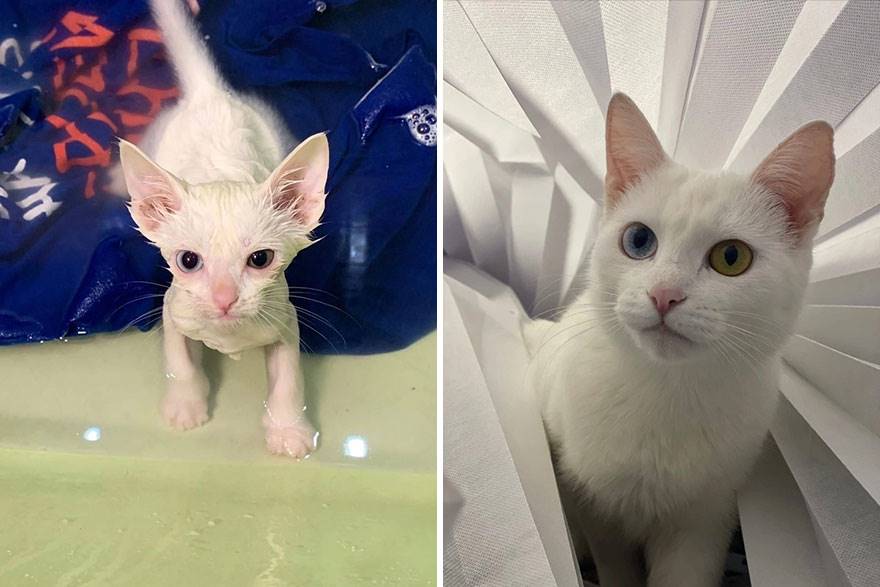
#11
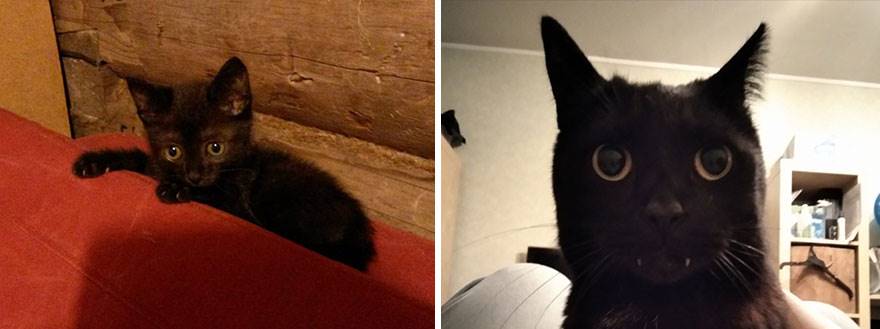
#12
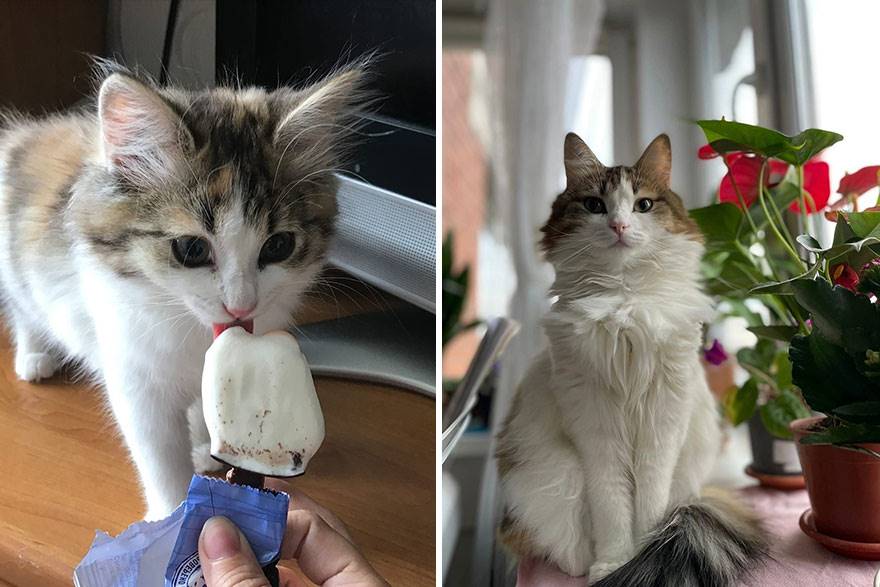
#13
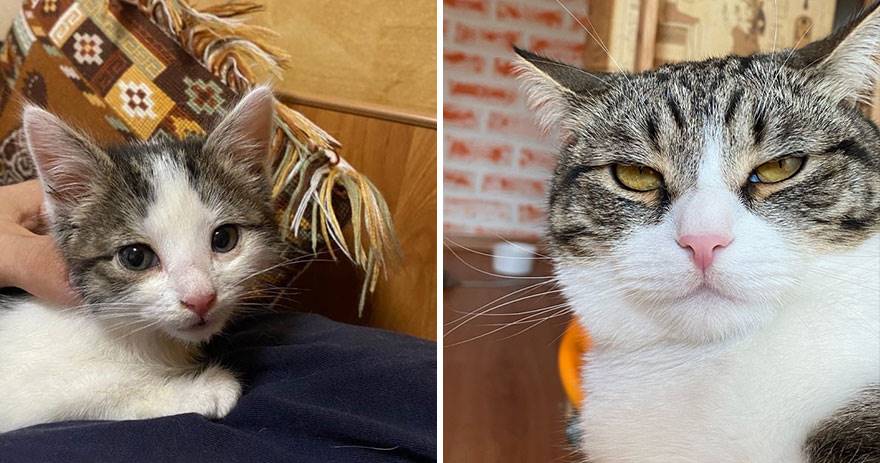
#14
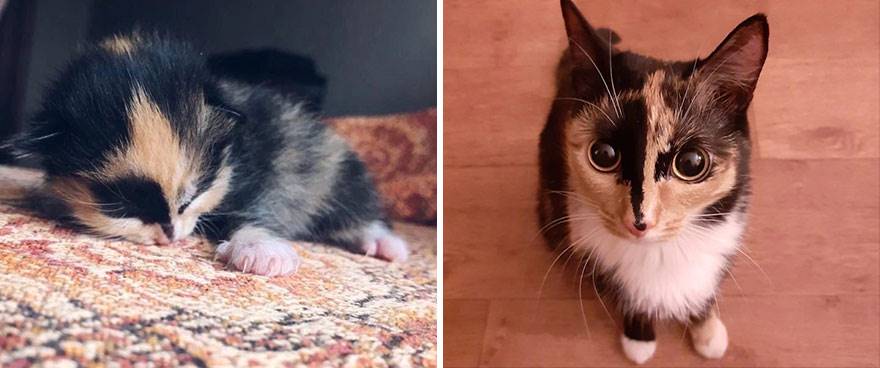
#15
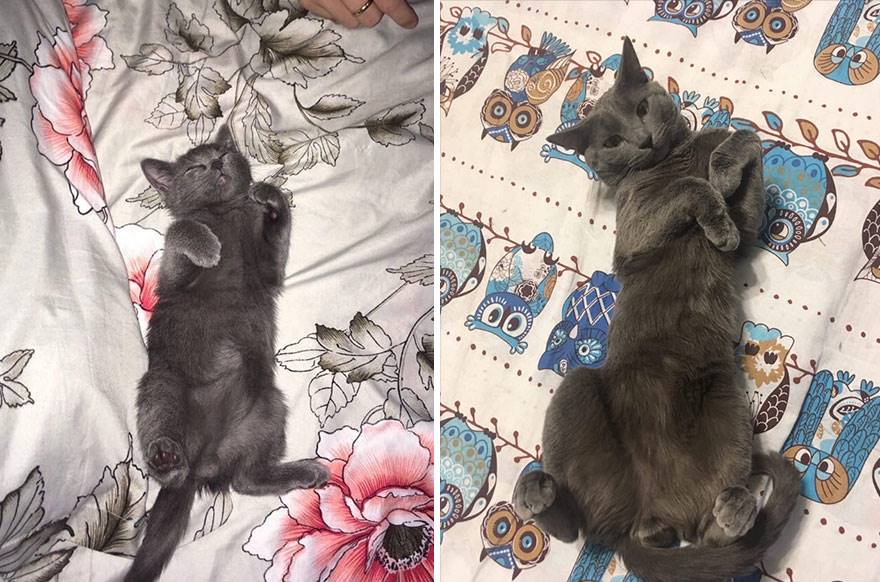
#16
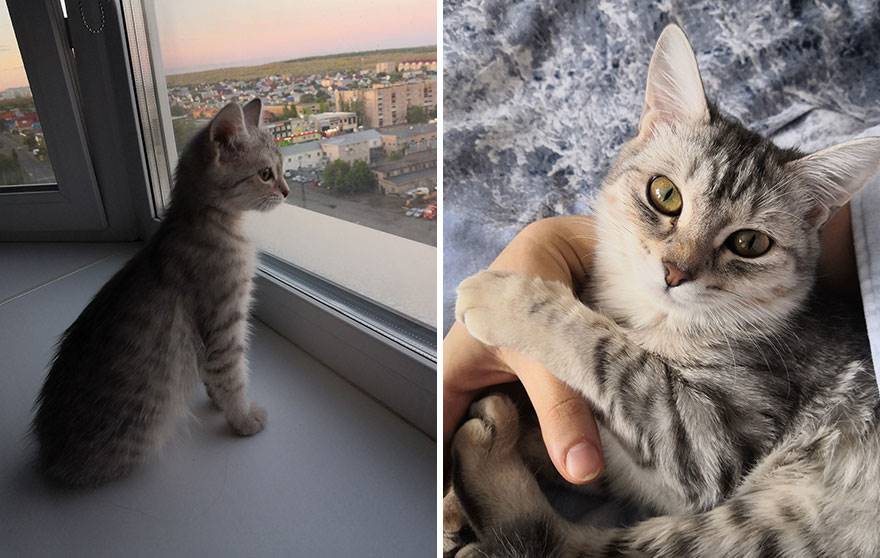
#17
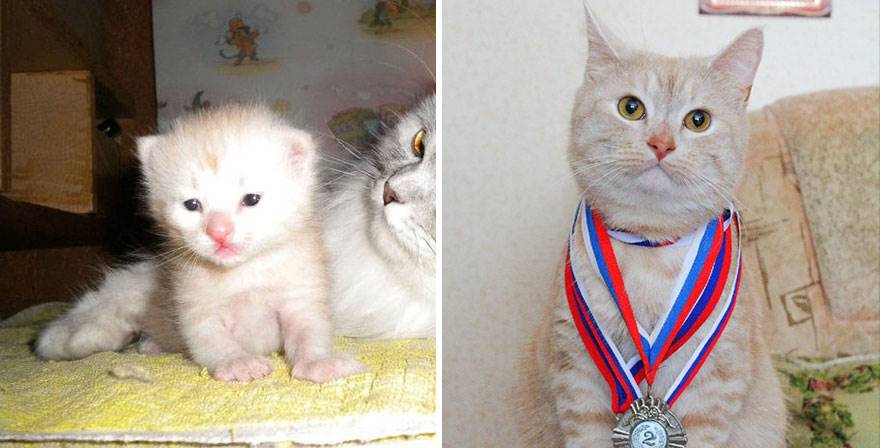
#18
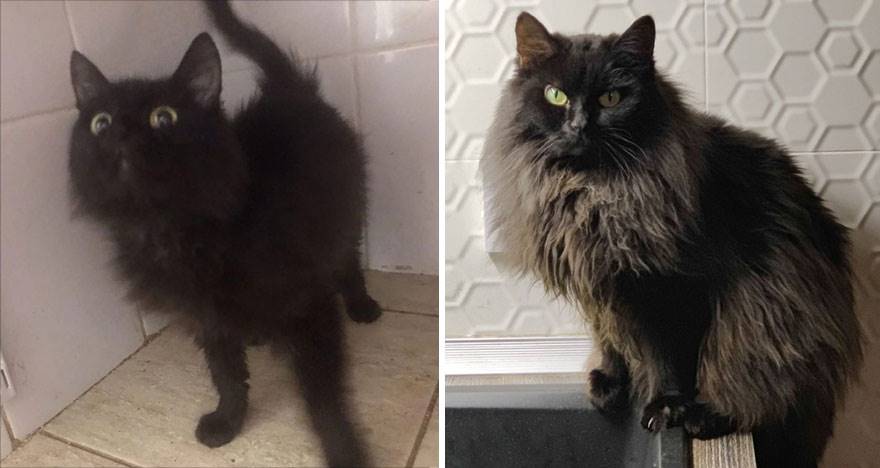
#19
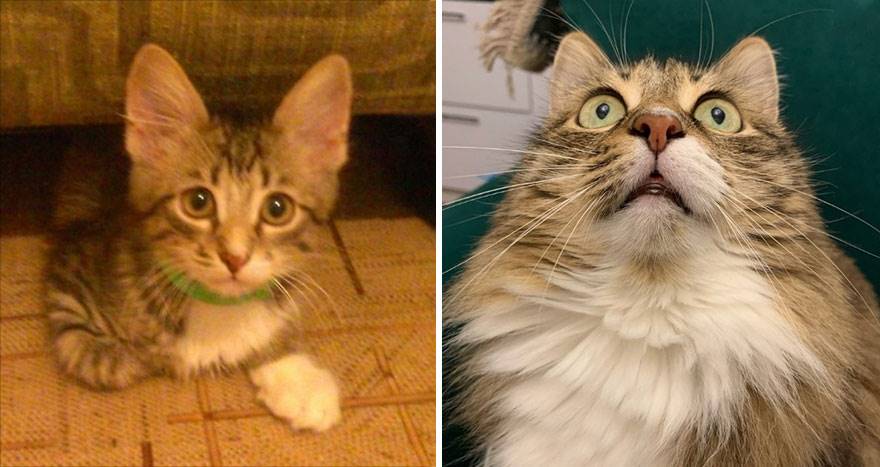
#20
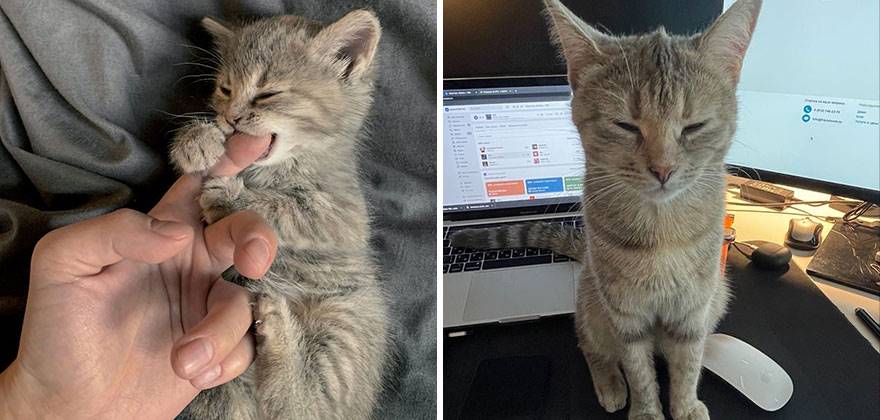
#21
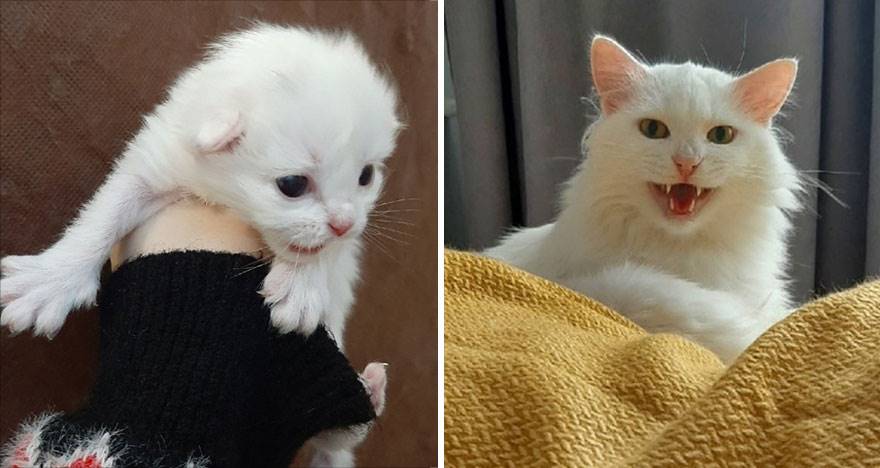
#22
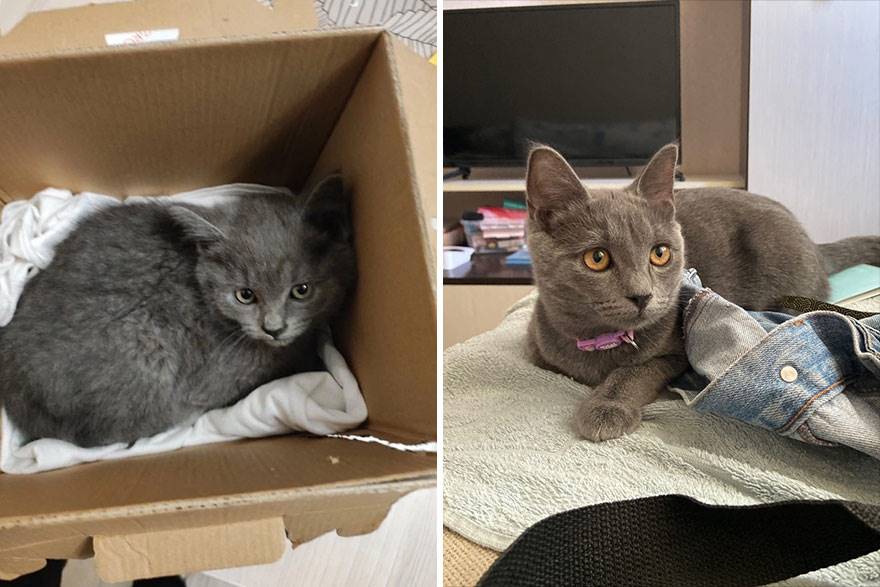
#23
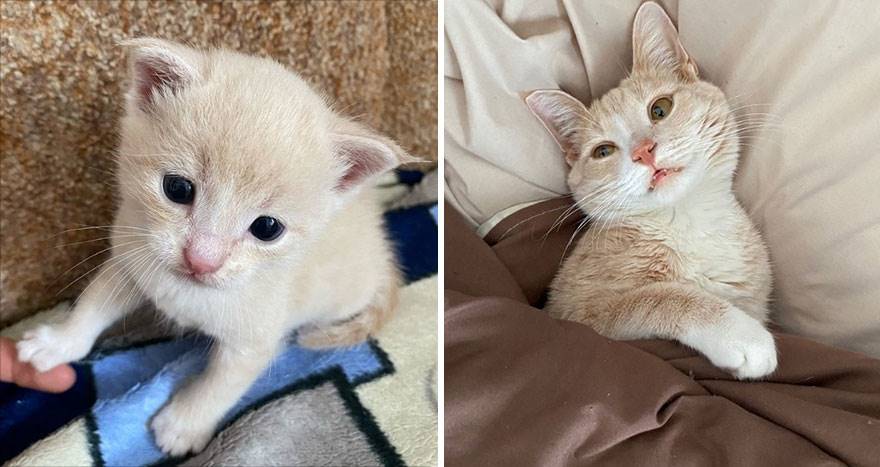
#24
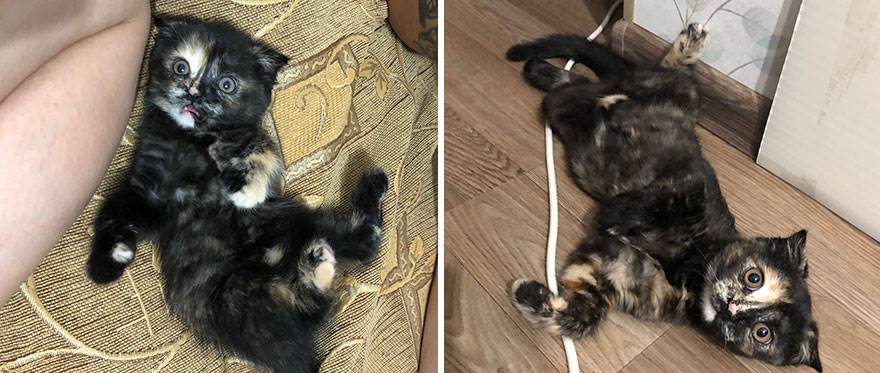
#25
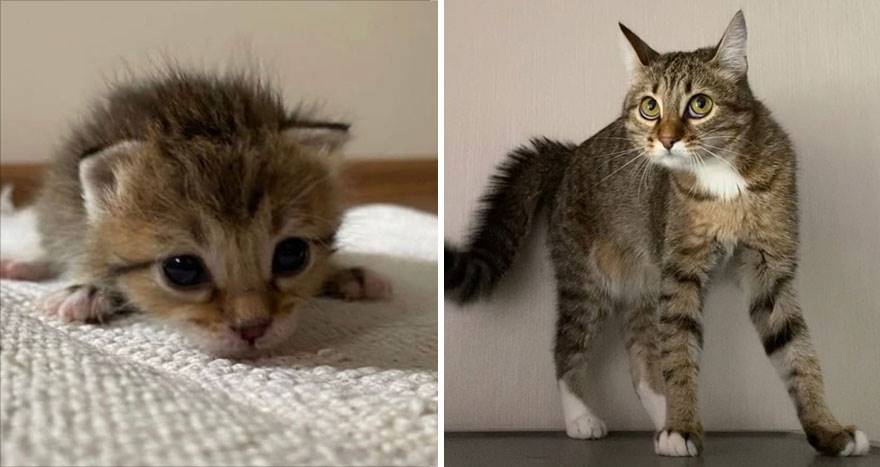
#26
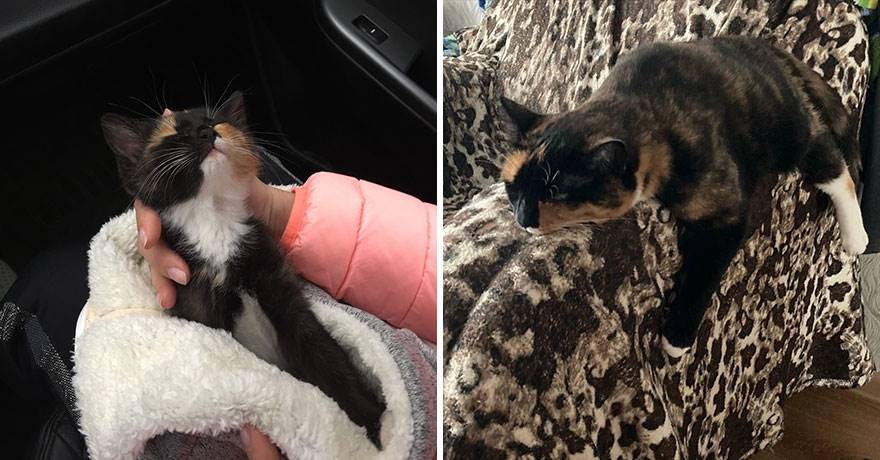
#27
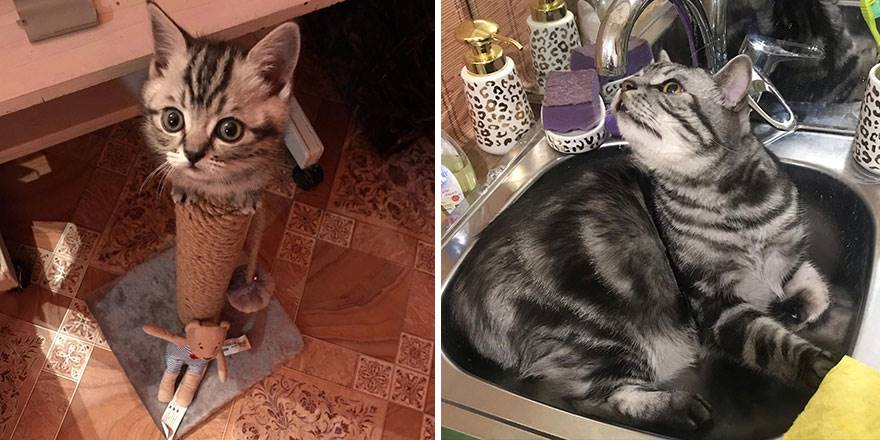
#28
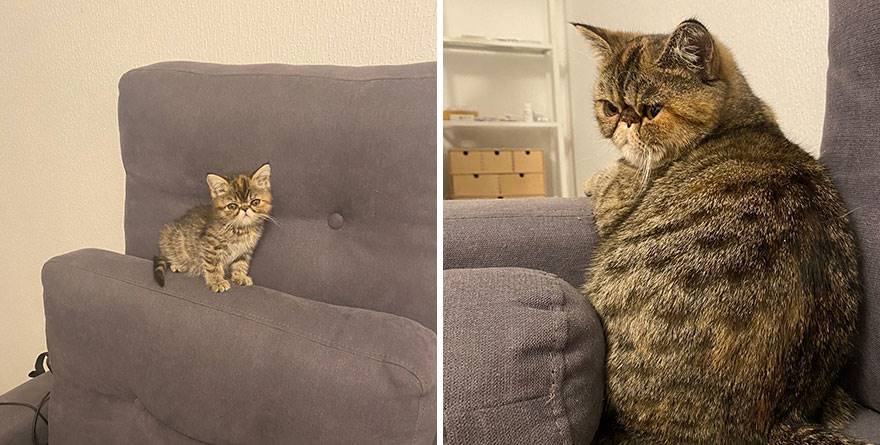
#29
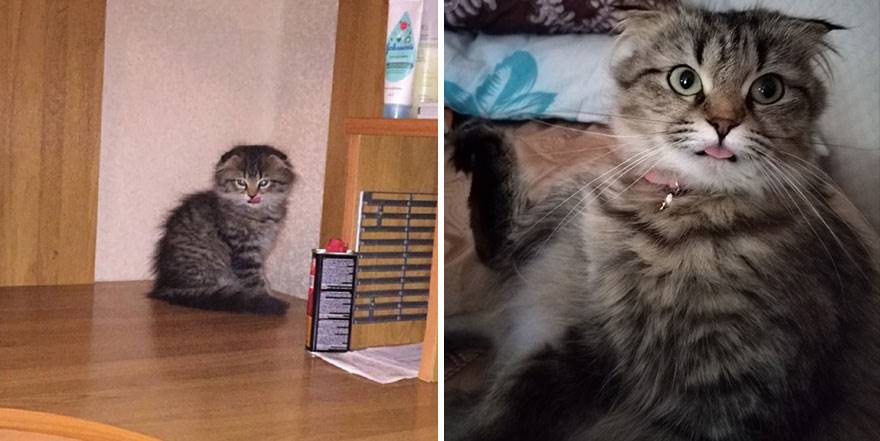
#30
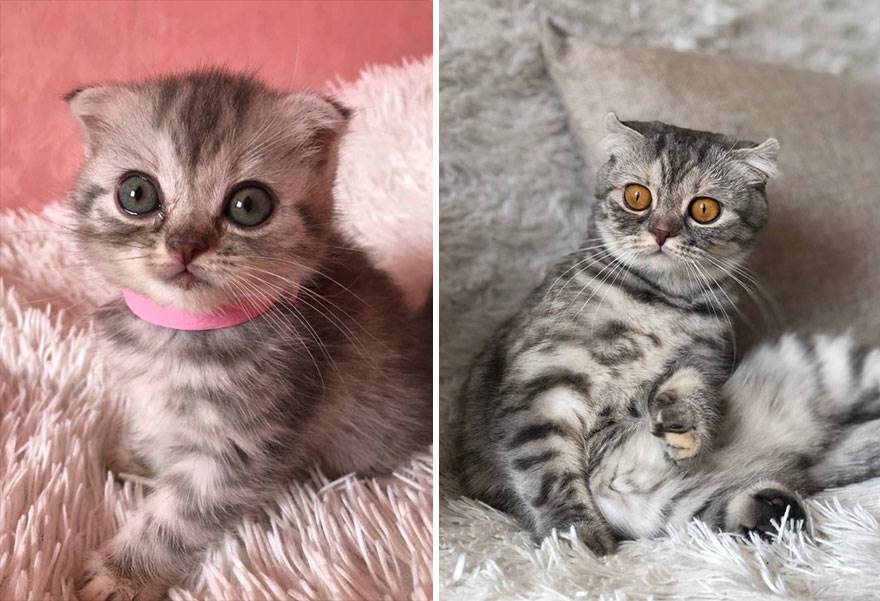
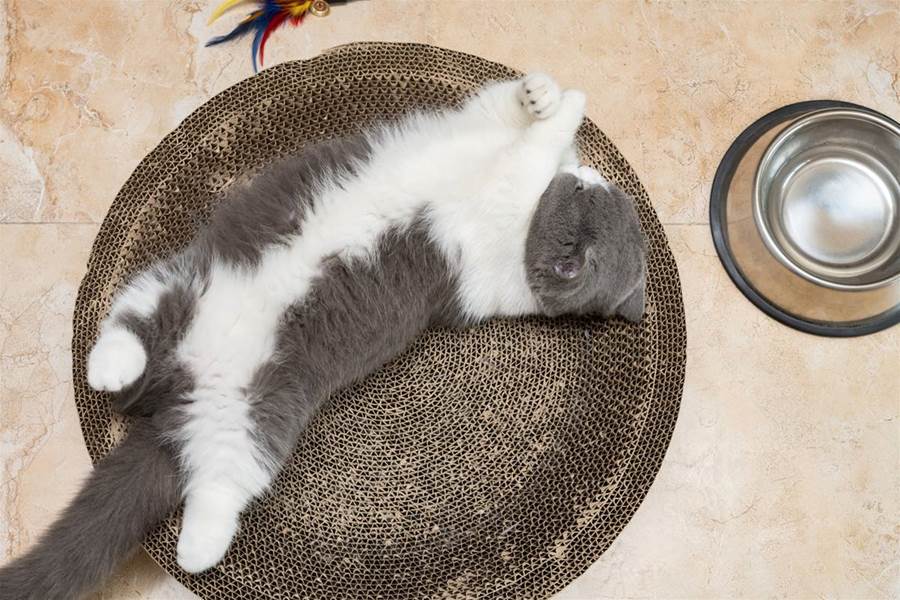

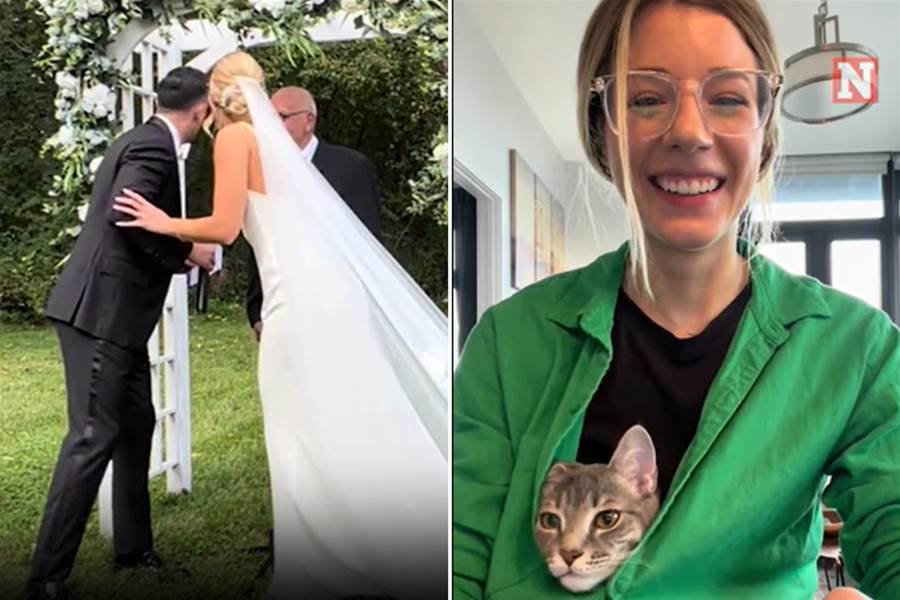
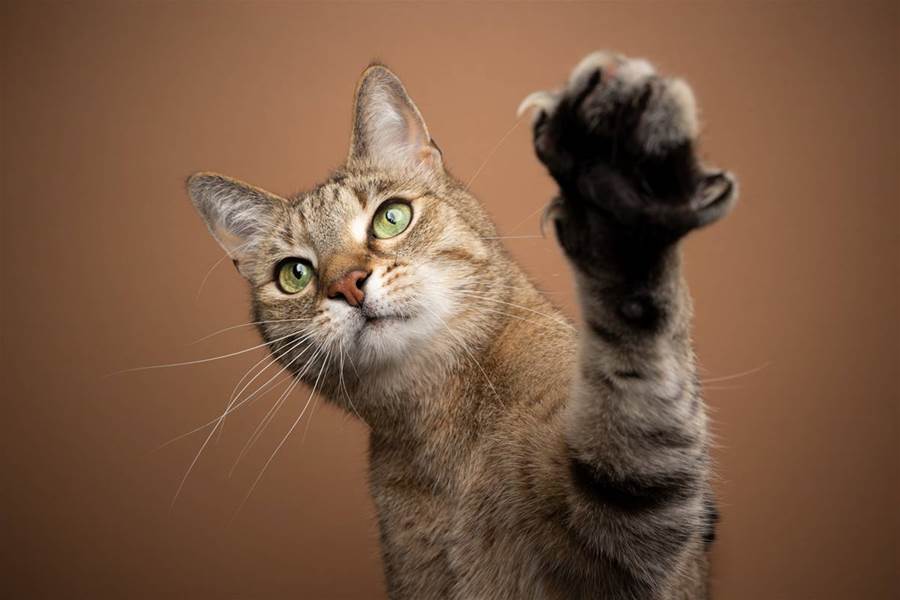
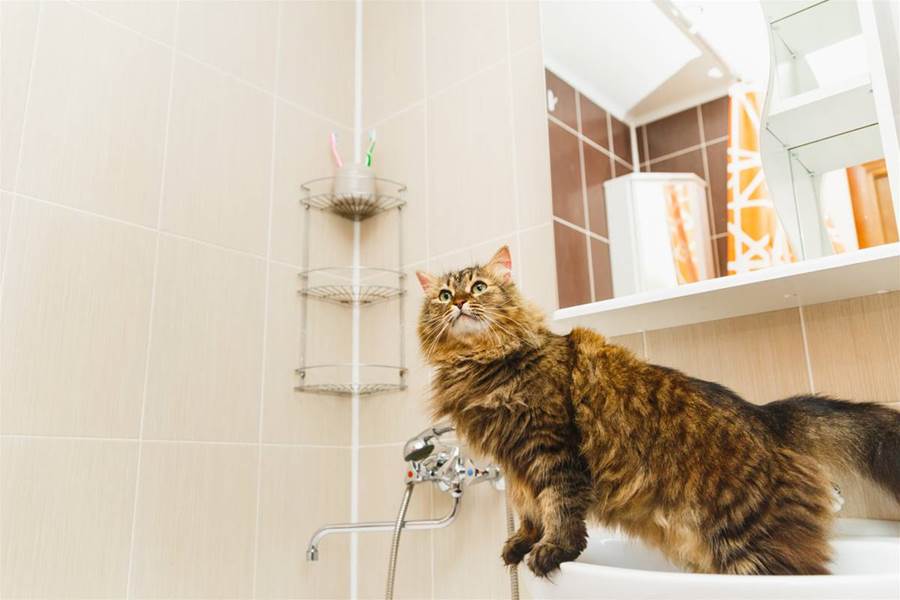
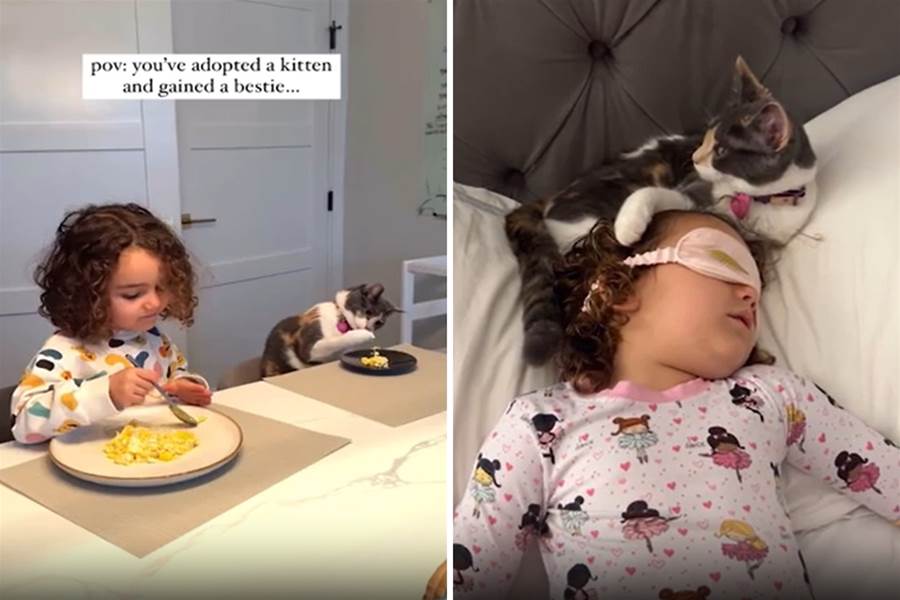
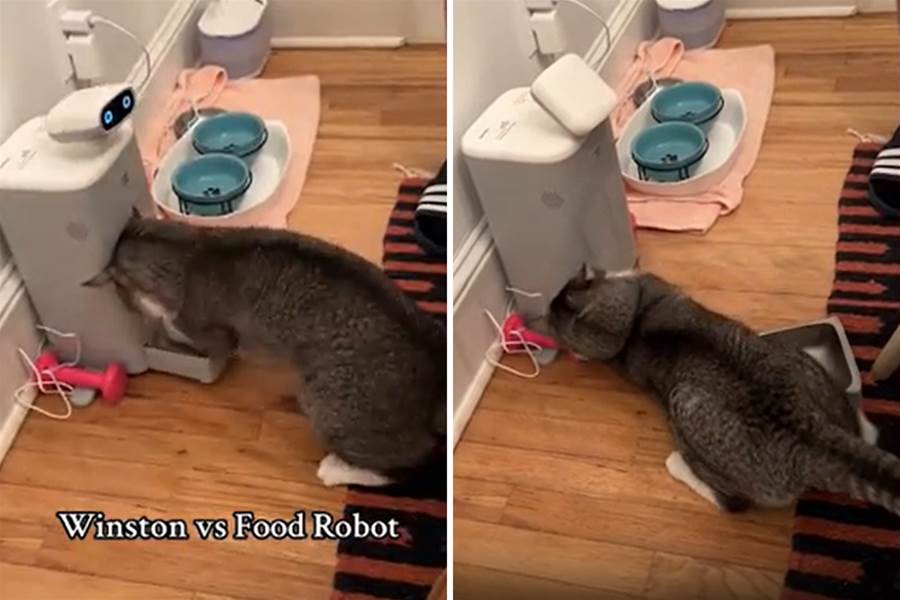
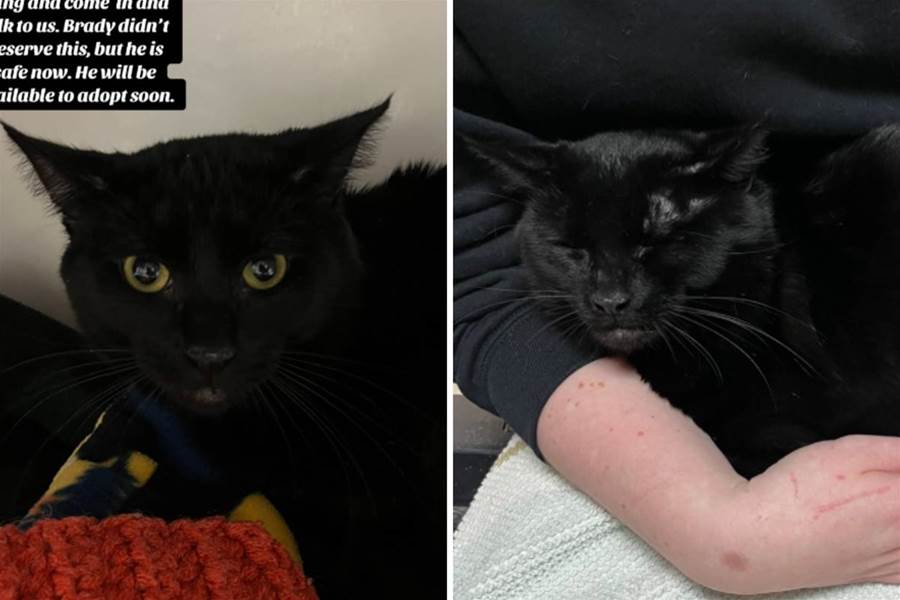

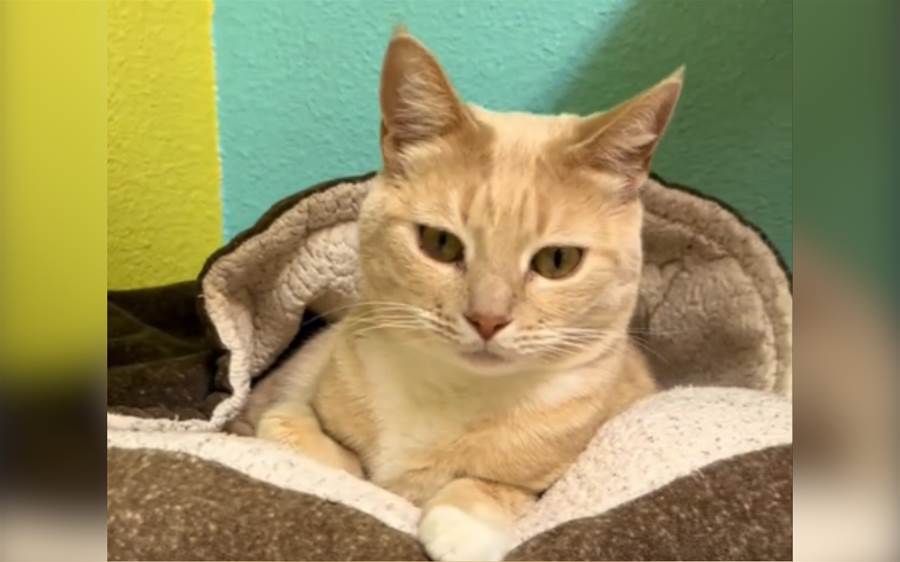
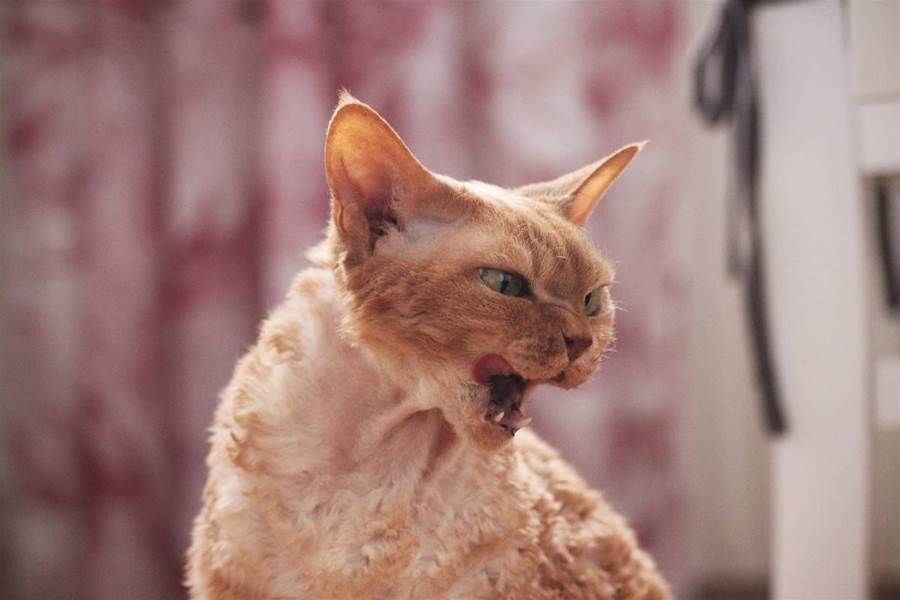
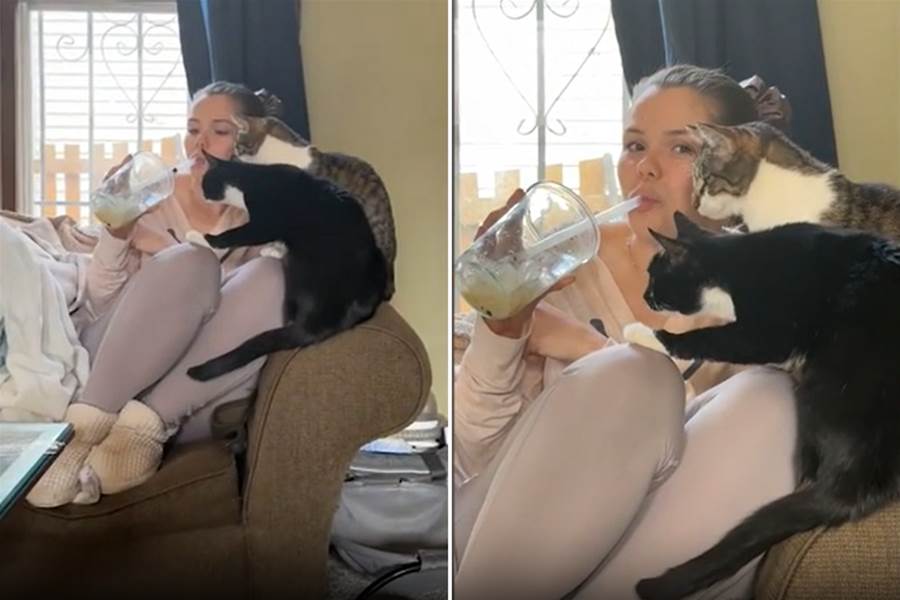


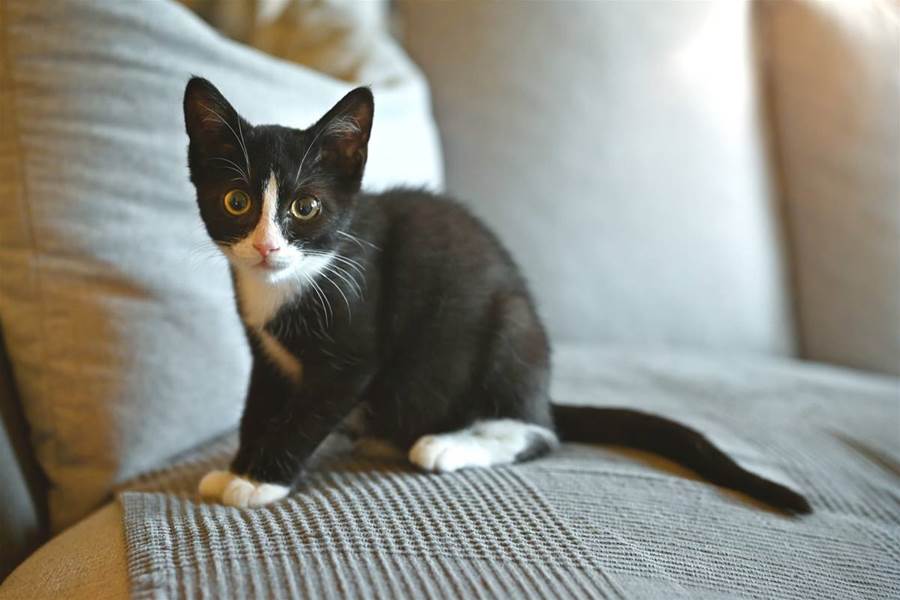

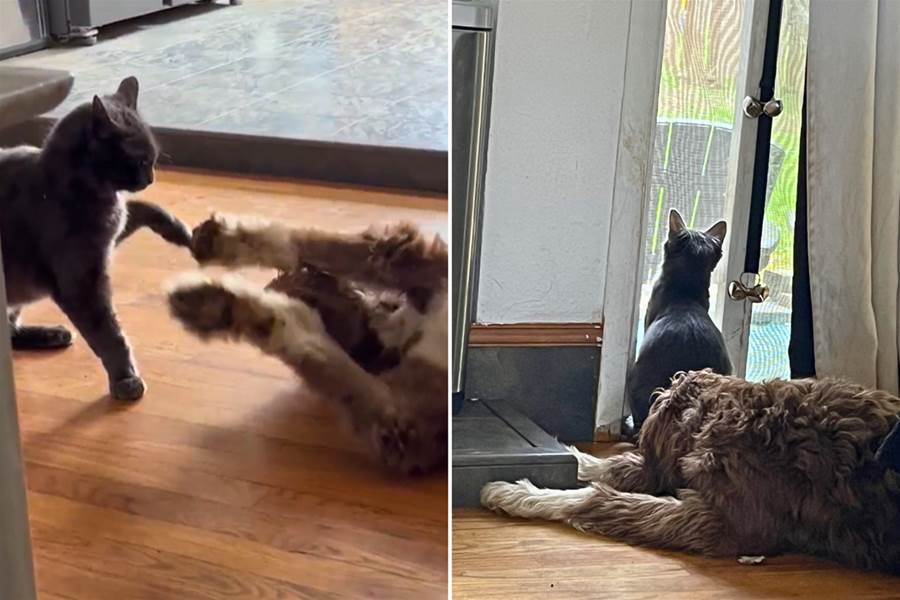
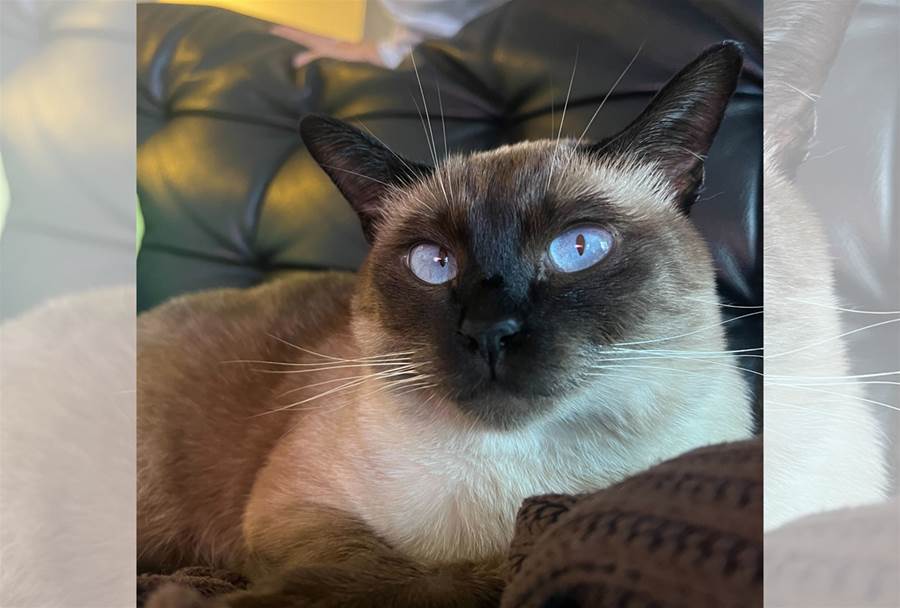
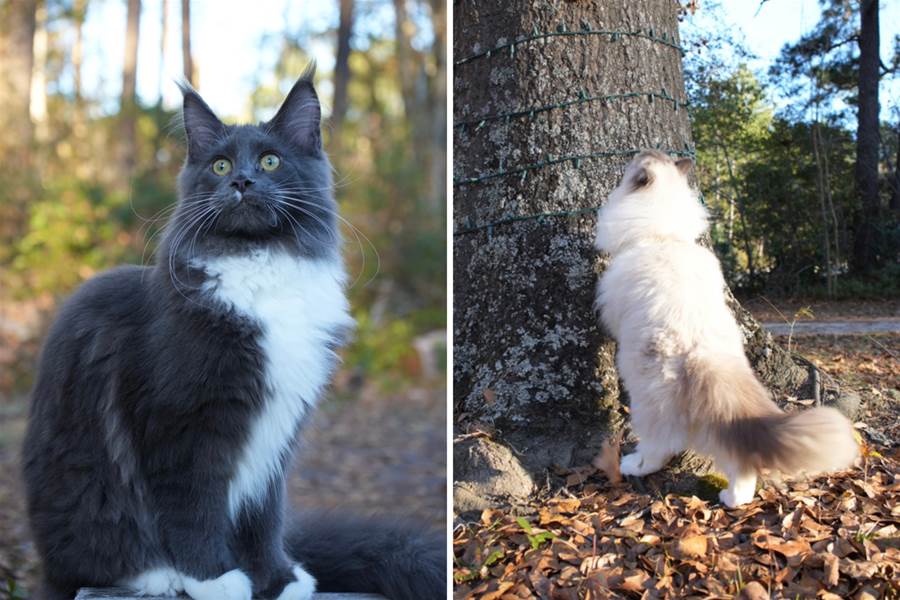
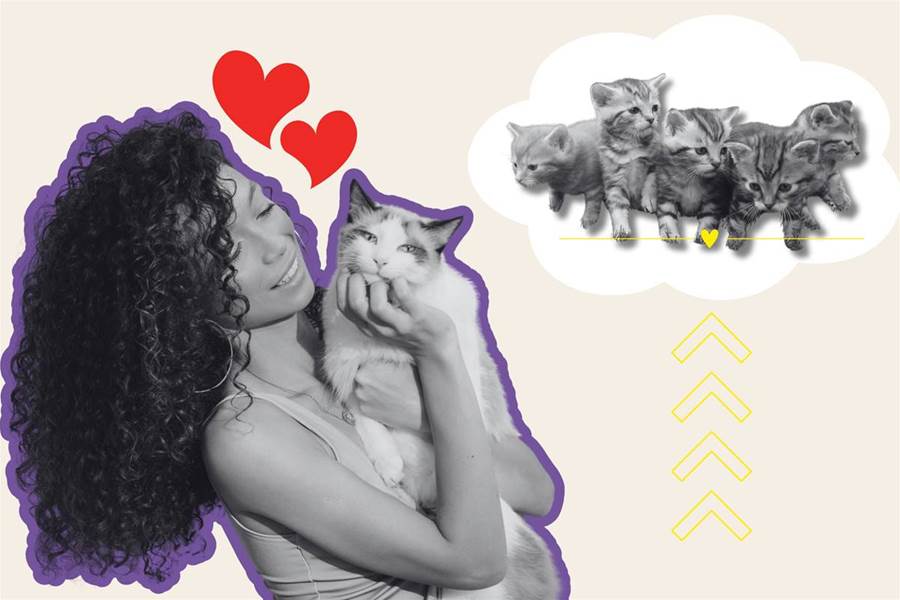
代表者: 土屋千冬
郵便番号:114-0001
住所:東京都北区東十条3丁目16番4号
資本金:2,000,000円
設立日:2023年03月07日
